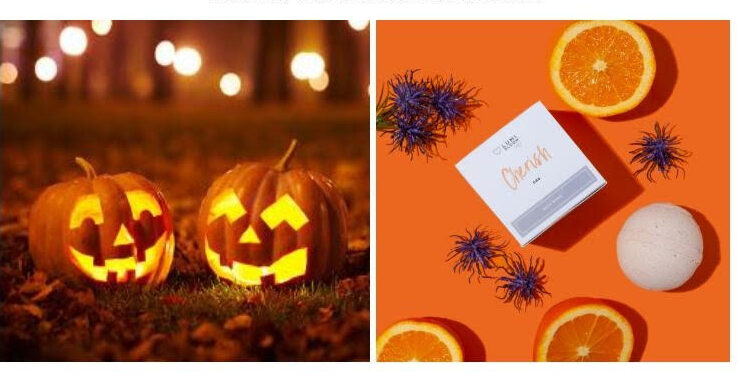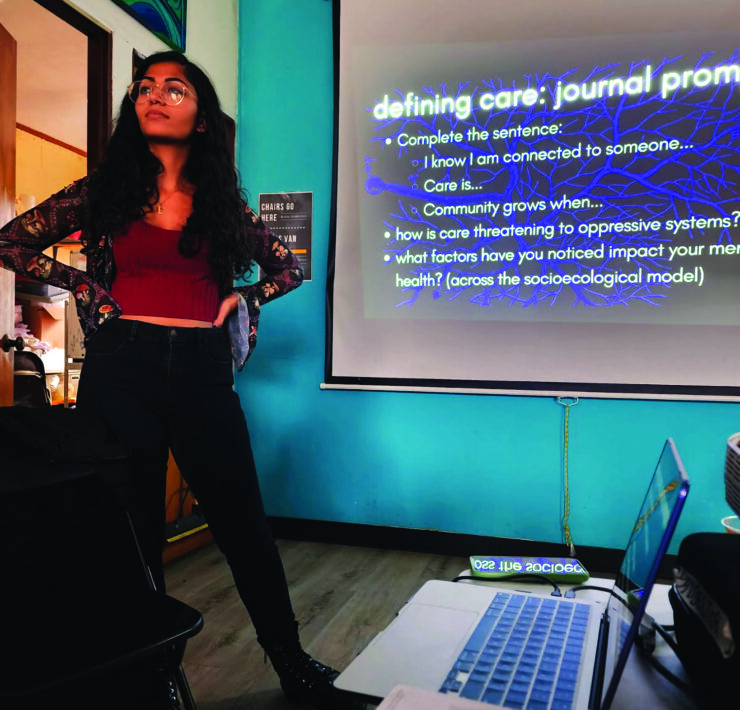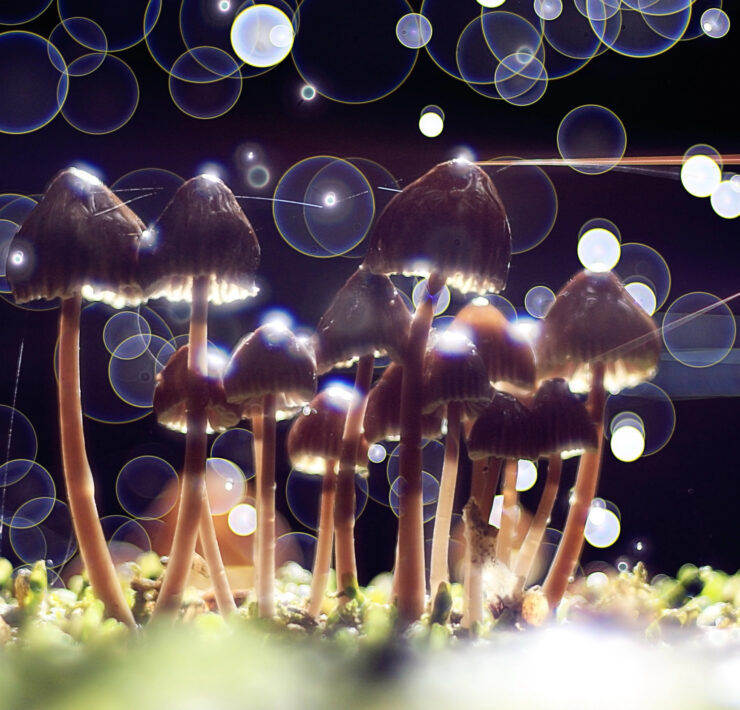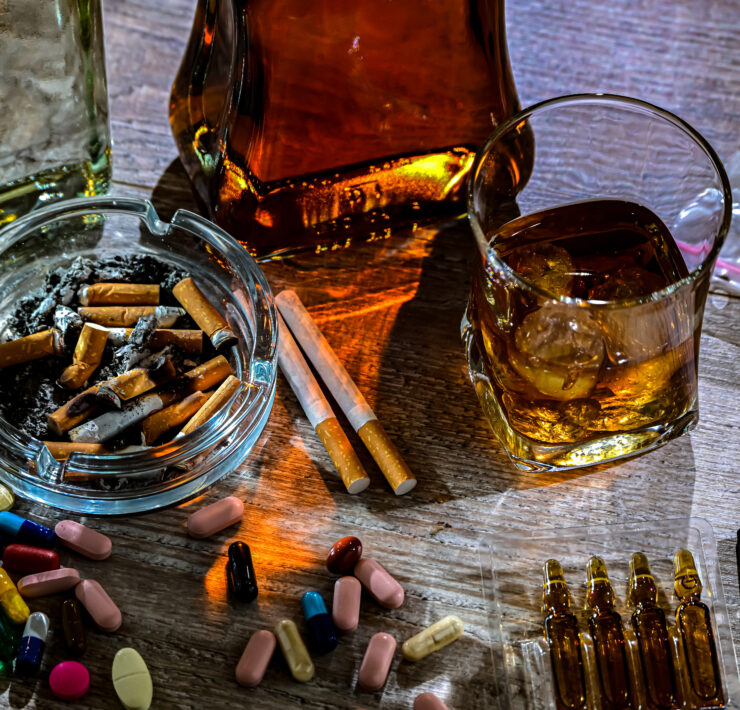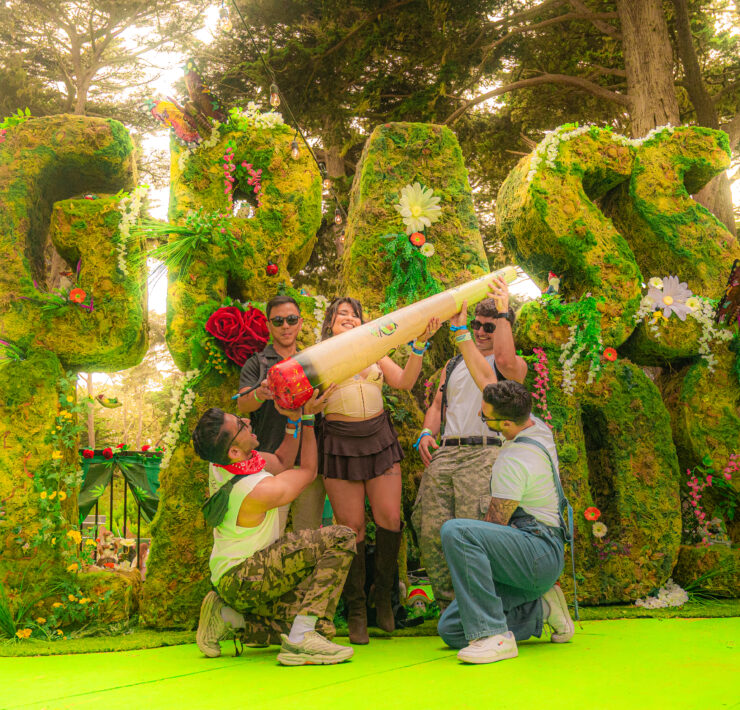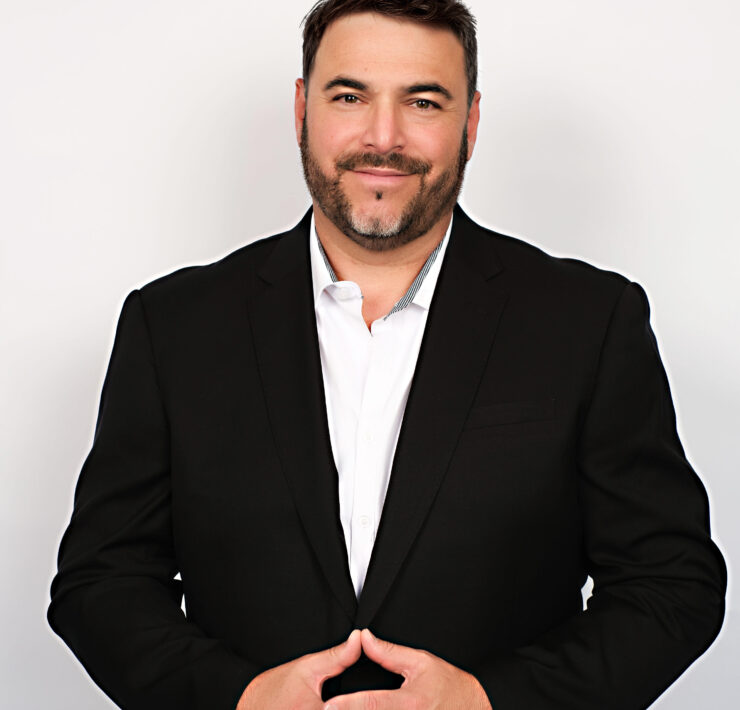The Industry: Recovery and My Ongoing Relationship with Cannabis

Keegan (they/them) is a journalist/artist based in Los Angeles.
Our favorite, weed-friendly day of celebration is approaching yet again, and if you know me and my past experience, you know that’s a mostly sarcastic sentiment.
People often fawn over the idea when I explain I was in the cannabis industry for about two years, and I usually say something vague but fairly descript, like, “It was definitely a unique experience I wouldn’t do again.”
I worked in the cannabis industry in Northern Colorado starting in 2017 for about a year-and-a-half as a front-of-house manager and patient coordinator, and then again at another, multi-location spot in the Denver area as an assistant manager, before I finally made my abrupt and cathartic exit from the industry in February 2019.
I ended up in cannabis by accident, following a period of unemployment and a two-month stint as a pizza delivery driver.
I liked to smoke and liked the feeling of being high, and I immediately tried to absorb all of the information I could in the new, starting role as a budtender. While I knew I didn’t quite have the same passion for cannabis as other coworkers and patrons of the shop, I was eager to embrace the industry as a means of helping people and destigmatizing the plant.
As with any customer-facing industry, you have the good ones (some regulars in the store I am still friends with today), and you have the bad ones, like the couple who called me a fucking faggot because we banned them following numerous warnings around cheating our loyalty system to get free product.
The two 420 holidays I worked, every person was required to show up, and everyone had a task. In Fort Collins, with far fewer shops than Denver, we teased the deals well in advance, and our shop was packed, line around the building, the full 10 hours we were open. This holiday, and working in the cannabis industry in general, reflected the dissonance between what many folks preached about cannabis, versus how it was often being used.
Working the rec counter, I saw the need for cannabis as medicine regularly, with a fair amount of recreational customers sharing their need for cannabis as inherently medical.
“What will help me sleep?”
“I’m looking for something that will lower my anxiety.”
“I messed up my back and want to stop taking prescription meds.”
As often as this sentiment came up in the shops, there were far more people walking in asking, essentially, “What’s going to get me the most fucked up?”
The same budtenders who would confidently boast, “Cannabis is a medicine,” would be the same people getting off their shift and dabbing on their couch at home until they couldn’t move.
I think my alcoholism would have come to a head sooner or later, though the environment my specific shop fostered, especially in a college town like Fort Collins, amped up my addiction fully. The culture WAS getting fucked up.
Following a day at work, we were almost always at the bars. Most mornings, opening, it was typical for everyone to be hungover. There was a Saturday where one of my fellow managers dipped midday because he took laced molly the night before.
Instances like this weren’t isolated and were somewhat typical at the shop.
When I decided to stop drinking, I was no longer working at this dispensary, and weed was not part of the conversation. Friends asked if cannabis was something I’d be giving up as well, and I replied, “I never had a problem with weed. Weed isn’t fucking up my life.”
However, while I often use cannabis medicinally for my mental health and sleep, it is dangerous, especially among folks in recovery with addictive tendencies, to act like this substance is without faults and cannot be misused.
I only smoke flower. I find the high-THC concentration of dabs and edibles can make dosing hard, and the few times I’ve passed out from getting too high on an edible after quitting drinking, I felt triggered by the lack of control and was reminded of the days when I drank too much, too often.
I try to be intentional when I smoke. I try to ask, “Why are you smoking, now?”
Sometimes, the answer is, “I want an appetite; I want some assistance sleeping; I want to relax after work.” Other times, the answer is simply, “I would like to be high.” None are more or less valid than the others, but the important piece is recognizing why I might be rolling up a joint, or more importantly, another joint.
Every person in recovery is different. My use of cannabis keeps me away from prescription medication with worse side effects and often acts as a way to destress while steering clear of booze.
Alcoholism and drug use is rampant in the LGBTQ community and often marketed right to us. Especially during periods of hardship and trauma (like the drawn-out and seemingly unending one we are currently navigating), it is important to step back and evaluate our personal relationships with substances, and all of the positive and not-so-positive ways they exist in our lives.
I now have more knowledge about the plant than I know what to do with. Alcohol is surely the accepted drug of choice for Americans coping with life in late-stage, pandemic capitalism, so I will always advocate loudly and proudly to destigmatize the use of cannabis as a far more medicinal alternative, though let’s not be afraid to look at every angle of the conversation.
What's Your Reaction?
Keegan (they/them) is a journalist/artist based in Los Angeles.



